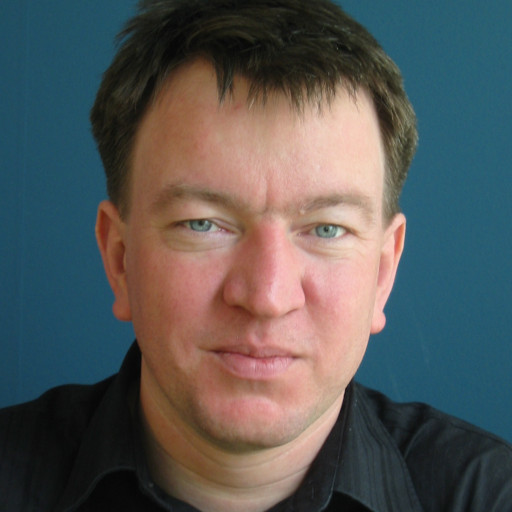Author:
Flying saucers, flow and serendipity shape the web
Recently, my work has moved again towards "concept" and "facilitation", into the realm of the unknown, the things to be discovered. Especially around online collaboration, platforms to facilitate that, and internet strategies and architectures to support such processes: Web of Change, WijZijnMedia, NABUUR, Internationale Samenwerking 2.0 (in Dutch for now). It’s all about new community-organising strategies and tactics, and I love it: a potent mix of "where do we go from here" and "what will we have built by the end of today". Pragmatic idealism: punk+utopia with web 2.0+mobile as catalyst, or perhaps: "do it yourself serendipity". But also: how to let flying saucers get you there. Mihaly Csikszentmihalyi’s talk at TED and Matt Leacock’s Google Tech Talk guide me.
Clay Shirky as my Sound Byte Hero
I haven’t managed to write (publicly) for some time: new projects kept me busy, either launching, or preparing. But thanks to a tweet by Planspark, I read (yet another) piece by someone who is becoming my personal “Sound Byte Hero”: Clay Shirky. At the moment, Siegfried Woldhek and I are preparing a position paper on how International Development Cooperation will change, as part of a series of debates with existing organisations and the Minister for Development Cooperation here in The Netherlands. So when my friend Tim Bonnemann send out a tweet today “Must-read of the day: Clay Shirky’s “Newspapers and Thinking the Unthinkable”, I summarised the take-away quotes for me.
“Doing things together online”
Recently, a couple of events allowed me to look again at how groups of people “do things together online”.
I’ve had a chance to meet up a few times in a short period with Aldo de Moor, and that helped us reflect on where things have come since we first drafted the contours of our “social context model”, nearly ten years ago now.
Add a few potential projects in the pipeline that deal with global networks of people who should produce something together. And the opportunity to dive a bit deeper into the NABUUR concept, to see how it is still pretty unique.
Aldo and I quickly concluded that although a lot is happening, and happening fast, there actually has been little progress in what we see as the hardest part of (online) collaboration: supporting work flows. Sure enough, people find ways to use the techno-centric tools that emerge, and services like Basecamp are making inroads into this. But most platforms still have some way to go.
Going Open! Thursday at the Transnational Institute
First post here after a long silence… maybe too busy with twitter, Nabuur, WebEnq, Ecampaigning Forum, NetSquared. And now preparing my short intro into "open everything" to set the stage for Thursday’s meetup of the E-collaboration group.
Within a smaller group, we had some discussions about "open", and about how choosing technology for your campaign or organisation is also a political, cultural, and ethical choice. Features and price often dominate, and lots of stuff on the internet is for free. But there’s no such thing as a free lunch: there are many lessons we learned in development aid that equally apply when your organisation gets such "free" web development aid. Lets not spend decades to learn them again.
So while on the one hand, people are trail-blazing the concept of "open everything", there are, on the other hand, many people working in international cooperation who are just starting to look at why all this "open" matters, and how it can help them achieve their mission.
Back from FOSDEM in Brussels
 Back from FOSDEM in Brussels. In their own words on the information booklet: "4000+ geeks, 200+ lectures, 2 days, 0 EURO". I had two motivations to go there: Brussels is close to my home in Amsterdam and always nice to visit; and I could sit and listen a whole day to Drupal presentations, and get the opportunity to check out some other projects too.
Back from FOSDEM in Brussels. In their own words on the information booklet: "4000+ geeks, 200+ lectures, 2 days, 0 EURO". I had two motivations to go there: Brussels is close to my home in Amsterdam and always nice to visit; and I could sit and listen a whole day to Drupal presentations, and get the opportunity to check out some other projects too.
As the FOSDEM booklet says, it’s a gathering focused on lectures, so I got my portion of sitting still and getting powerpoint-poisened in over-crowded and under-ventilated rooms. A lot of people breaking the "show me, don’t tell me" rule. But Brussels was nice, and some of the presentations on Drupal and Thunderbird were useful for me:
